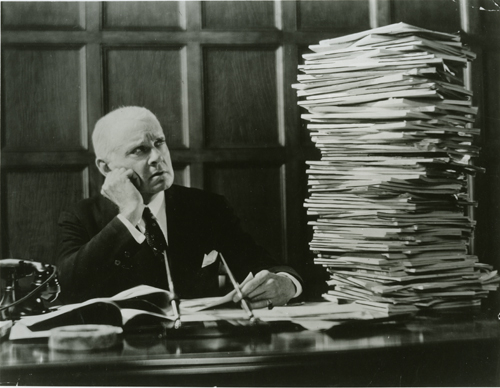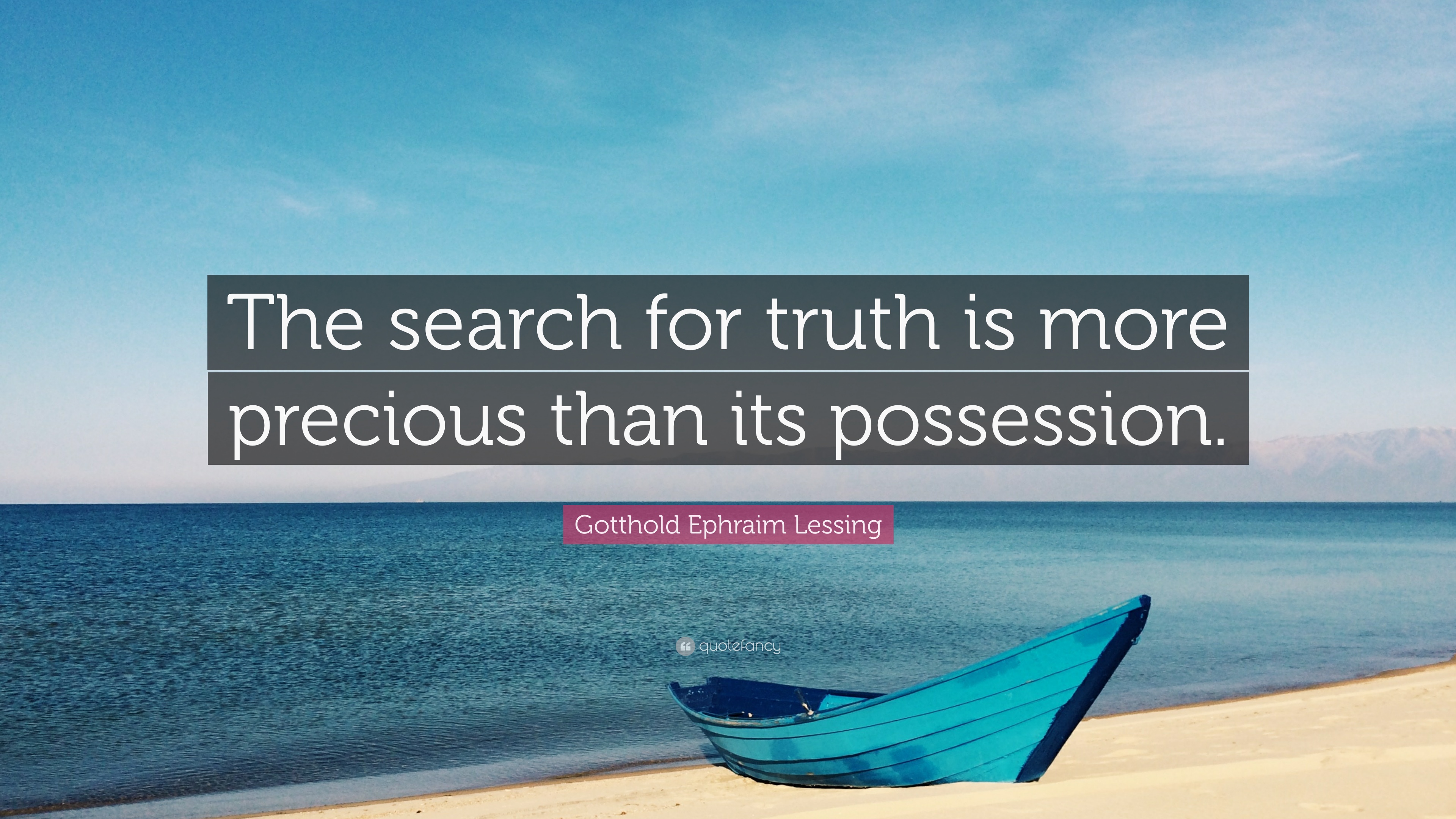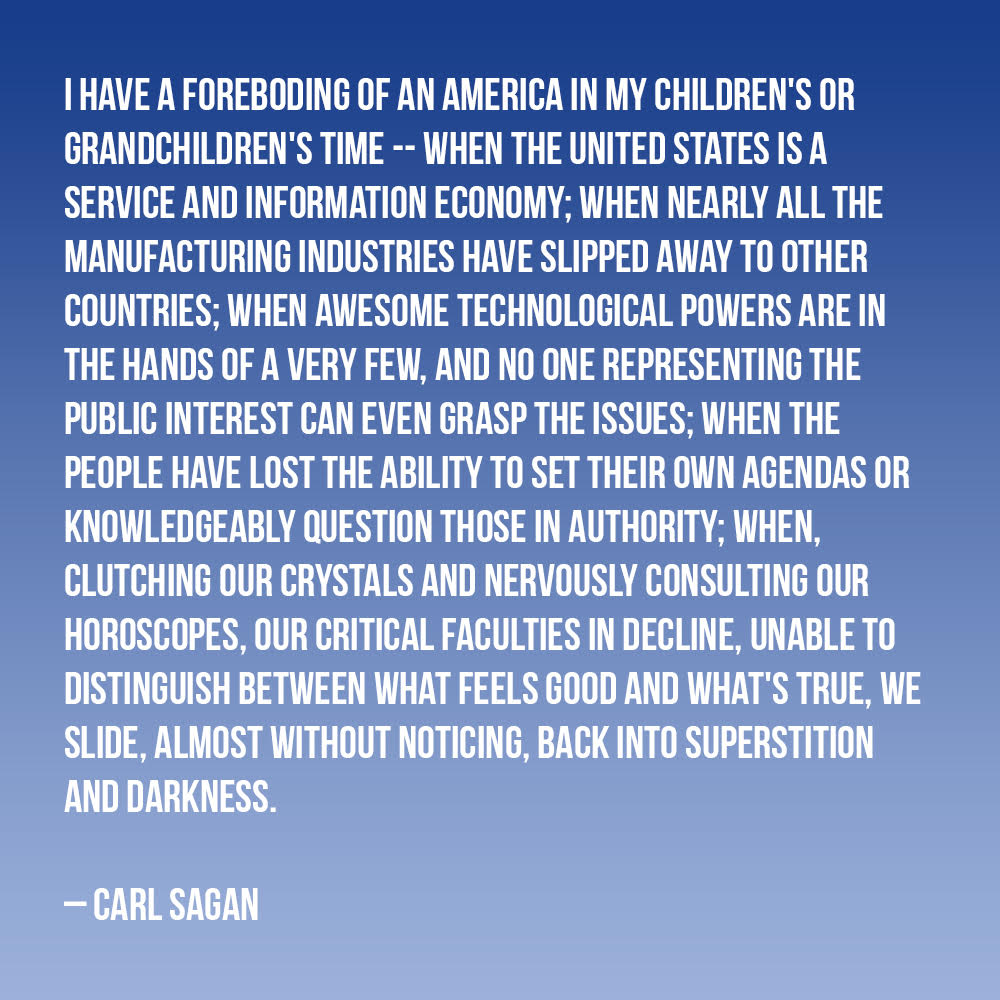“Out of the crooked timber of humanity, no straight thing was ever made”
Immanuel Kant (1724 – 1804)
18 September 2023 – When we venture into self-discovery, we walk a tightrope between deep insights – and profound solipsism. But, as one of my Muses, Craig Ball, once warned me, “you need to avoid pompous navel gazing, self-indulgency”. Which is what I try to do, spending much of my time sitting on my rock in the Mediterranean. In an age of folly, an age of bewilderment, as the world seems to constantly move from pandemic to protest and back again. A continuing time of sickness and scoundrels.
But today, some pompous navel gazing, some self-indulgency (sorry, Craig). But I shall (hopefully) be brief.
I suppose I am “by profession” a lawyer, although I went to law school after 3 years on Wall Street as a currency trader and then a merger & acquisition analyst. After law school I went back to Wall Street (after a stint in the military), and then jumped into the advertising and media industries via a law firm client.
It led me to become a writer, a journalist (and in my wildest dreams, a historian). As a lawyer I began my career working for clients in the technology, media, and telecom (TMT) sectors. I have stayed in those sectors (adding cybersecurity later in life). It drew me to my own video and film production work, and I still produce a bi-monthly newsletter for my TMT clients while my media team produces bespoke videos. When I first began creating videos and films, my storyboards … the graphic organizers that consist of illustrations or images which are displayed in sequence for the purpose of pre-visualising a motion picture, animation, motion graphic or interactive media sequence … were my narrative building blocks, and I used those same techniques in writing.

And I read. And read. And read. I still average 4 books a month (instilled by my Mom when I was a kid), and I average 12 articles a day, of varying length.
This past weekend was a particular challenge. On Friday I was at NATO HQ in Brussels all afternoon and evening at sessions on war, the Ukraine War and technology. I am still digesting my notes but will have a post out later this week.
Then on Saturday I was in a morning session on society’s technical debt and software’s “Gutenberg Moment” – a discussion on the immense hyperbole about recent developments in artificial intelligence, especially Large Language Models like ChatGPT, and how we were missing two very important things: (1) every wave of technological innovation has been unleashed by something costly becoming cheap enough to waste, and (2) software production has been too complex and expensive for too long, which has caused us to underproduce software for decades, resulting in immense, society-wide technical debt. Yes another post to come.
And I finished off Sunday getting lost in the woods outside Brussels with my wife, a basket of wine & cheese, and a recently discovered long-form essay by Anthony Burgess (who would have celebrated his 106th birthday this year). In 1984 (his critical essays about George Orwell are legendary) he was asked to predict what the world would be like in the 2020s. In brief, he saw a greater division between young and old, a continuing impoverishment of the English language, that our culture “would turn upon itself”, and that we’d become “a little embarrassed by evidence of learning” as speech and communication differences would lead to “no art, no history, no science – just division”.
It made me think of a bigger picture.
I started this piece with Kant’s famous claim that “out of the crooked timber of humanity, no straight thing was ever made” because in today’s world, in the immediate context, we know that human beings are unjust by nature (i.e., morally crooked) and will abuse power for their own good if entrusted with it – a principle I’m inclined never to bet against. Because whatever concept one may hold, from a metaphysical point of view, concerning the freedom of the will, certainly its appearances, which are human actions, like every other natural event, are determined by that universal law.
And for the techies, it must be frustrating to hear Kant’s line about the “crooked timber of humanity”. One can anticipate the technocrat’s annoyance with the recalcitrant human element, which eludes their total mastery. I can hear them scream “If only we had sufficient data, we could aim deliberately at the realization of the grand designs of nature for the human race by bringing greater swaths of human activity under predictive administration”. As I read him, and maybe I am not reading him well, Kant is here giving incipient expression to the same dream T. S. Eliot would warn us about nearly a century and half later, the dream of “systems so perfect that no one will need to be good.”
Yes, as the techies say: “If only we had sufficient data, we could aim deliberately at the realization of the grand designs of nature for the human race by bringing greater swaths of human activity under predictive administration”. I thought about that now famous Google story:
One of Google’s self-driving cars came to an intersection with a four-way stop. It came to a halt and waited for other cars to do the same before proceeding through. Apparently, that is the rule it was taught – but of course, that is not what people do. So the robot car got completely paralyzed, blocked the intersection, and had to be rebooted. Tellingly, the Google engineer in charge of the autonomous vehicle program said some years later that what he was learning from the experience was that human beings need to be “less idiotic.”
Or, more recently, Evgeny Morozov who wrote a critical assessment in 2012 about our then-current fancy “for all things smart”:
Smart? Really? The problem with many smart technologies is that their designers, in the quest to root out the imperfections of the human condition, seldom stop to ask how much frustration, failure and regret is required for happiness and achievement to retain any meaning.
It’s great when the things around us run smoothly, but it’s even better when they don’t do so by default. That, after all, is how we gain the space to make decisions—many of them undoubtedly wrongheaded—and, through trial and error, to mature into responsible adults, tolerant of compromise and complexity.

My main point is that you need to step outside all of the usual lanes and to cross disciplines, social silos, political tribes and cultural boundaries. Those myriad spheres I read about – orientations, value sets, law, art, science, eros, economy, politics, just to name a few – are on different and often conflicting trajectories, but overlapping.
And, yes, the media churn does become exhausting and debilitating. We are all painfully aware – how could anyone not be? – that on every topic (not just war, not just pandemics, not just police brutality, not just politics) we face daily misogyny, nastiness, deliberate trolling and the howling lack of nuance, and piles of gross misinformation. You get an impression that the real noises of life reach you, but muted, all connection with reality strained out. Today I don’t even “read” Linkedin or Twitter but use APIs like Cronycle and Factiva that curate the whole social media firehose so I only receive selected, summarized material that pertains to my research or reading need.
BUT MY MANTRA IS THIS: I hate this faux social environment that rewards simplicity and shortness, and punishes complexity and depth and nuance. I simply detest it. Step outside your usual lanes, and cross those disciplines, those cultural boundaries.
And I get it. It ain’t easy. I realize that many of my readers are “commerce monkeys, commerce machines” (not my turn of phrase – provided by a long time reader) – with barely enough time to read and write and produce for your jobs. You barely have time to scan and parse social media to keep up-to-date. But I just want to throw this out to you should you have the time, especially on any break if you get one.
To be an informed citizen is a daunting task. Never mind war and geopolitics. Just to try and understand the digital technologies associated with Silicon Valley — social media platforms, big data, mobile technology and artificial intelligence that are increasingly dominating economic, political and social life – has been an even more daunting task brought me to interview scores of advertising mavens, data scientists, data engineers, psychologists, etc. Plus reading reams of white papers and books tracking the evolving thinking and development of this technology. I needed to dust off some classic tomes that have been sitting in my library for years. Books by James Beniger, Jacques Ellul, Marshall McLuhan, Neil Postman, Alvin Toffler, etc., etc. All of them so prescient in where technology would lead us, their predictions spot on to where we are today.
Note to readers: we always seem to gravitate to certain writers or thinkers, not just as convenient citations we drop here and there, but maybe to add a bit of heft to our own flimsy pronouncements or to have the sheen of their prose shine on our lackluster sentences. I mean, of course I can think of many reasons I do this: I am attracted to their ideas, convinced by their arguments, their mode of thought resonates with mine. They mirror back to me – but in a far more respectable and elegant way.
Because when you read Beniger, Ellul, McLuhan, Postman and Toffler this big “Information Society” we think is so new is not so much the result of any recent social change (information has always been key to every society) but due to the increases begun more than a century ago in the speed of material processing. Microprocessor and computer technologies, contrary to currently fashionable opinion, are not new forces only recently unleashed upon an unprepared society, but merely the latest installments in continuing development. It is the material effect of computational power that has put us in a tizzy.
But do it. Because too often your “presumed knowledge” is wholly divorced from real, everyday experience.
Right now, for me, the Russian invasion of Ukraine (the first major physical war between developed countries in the connected age) means we have front row seats to watch the post-Cold War era get dismantled. It will be a staggering milestone with deep, deep ramifications. As the tragedy continues to unfold, we will also see it manifest in the digital systems that surround us. The topic of my next post.

